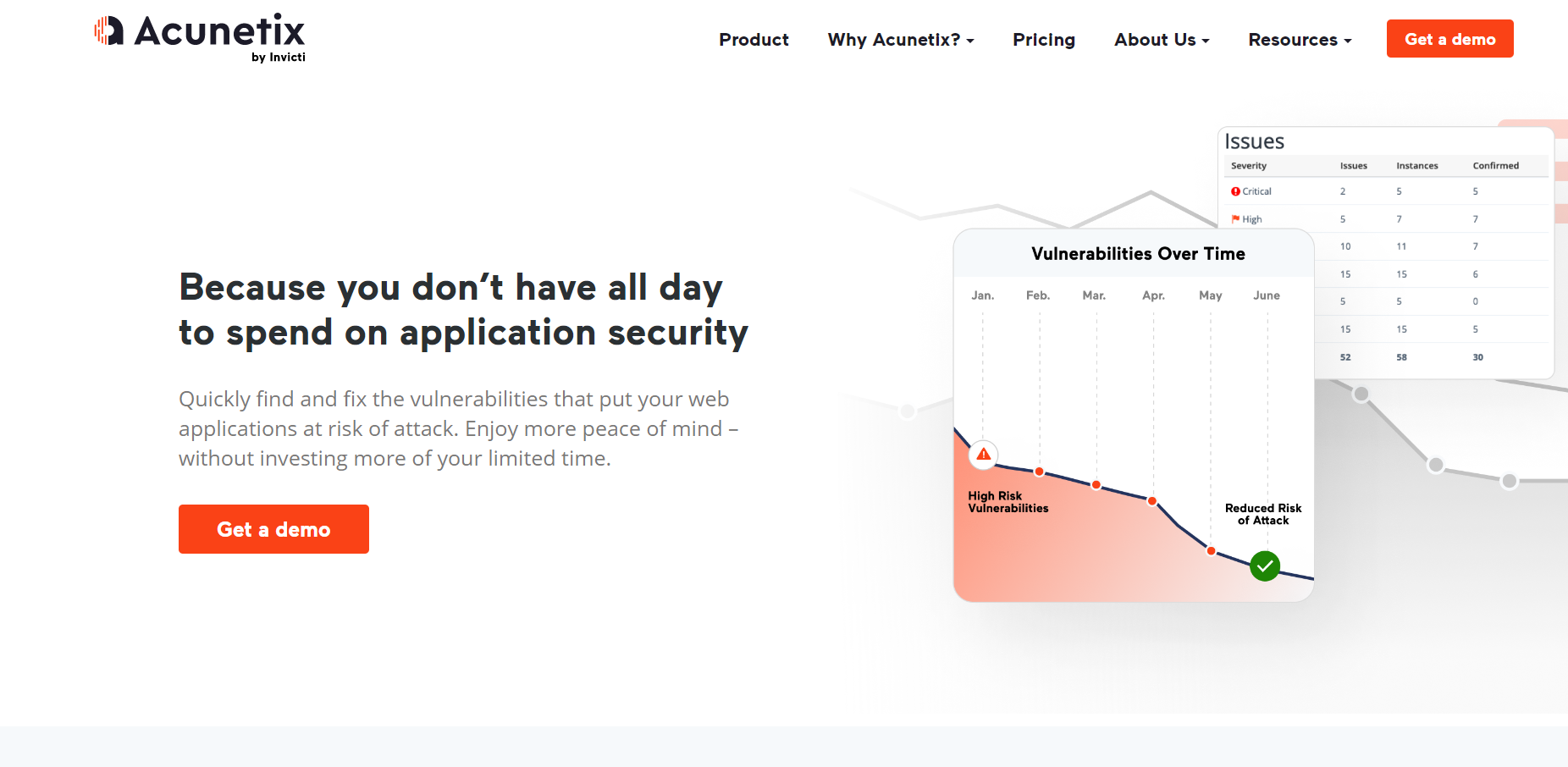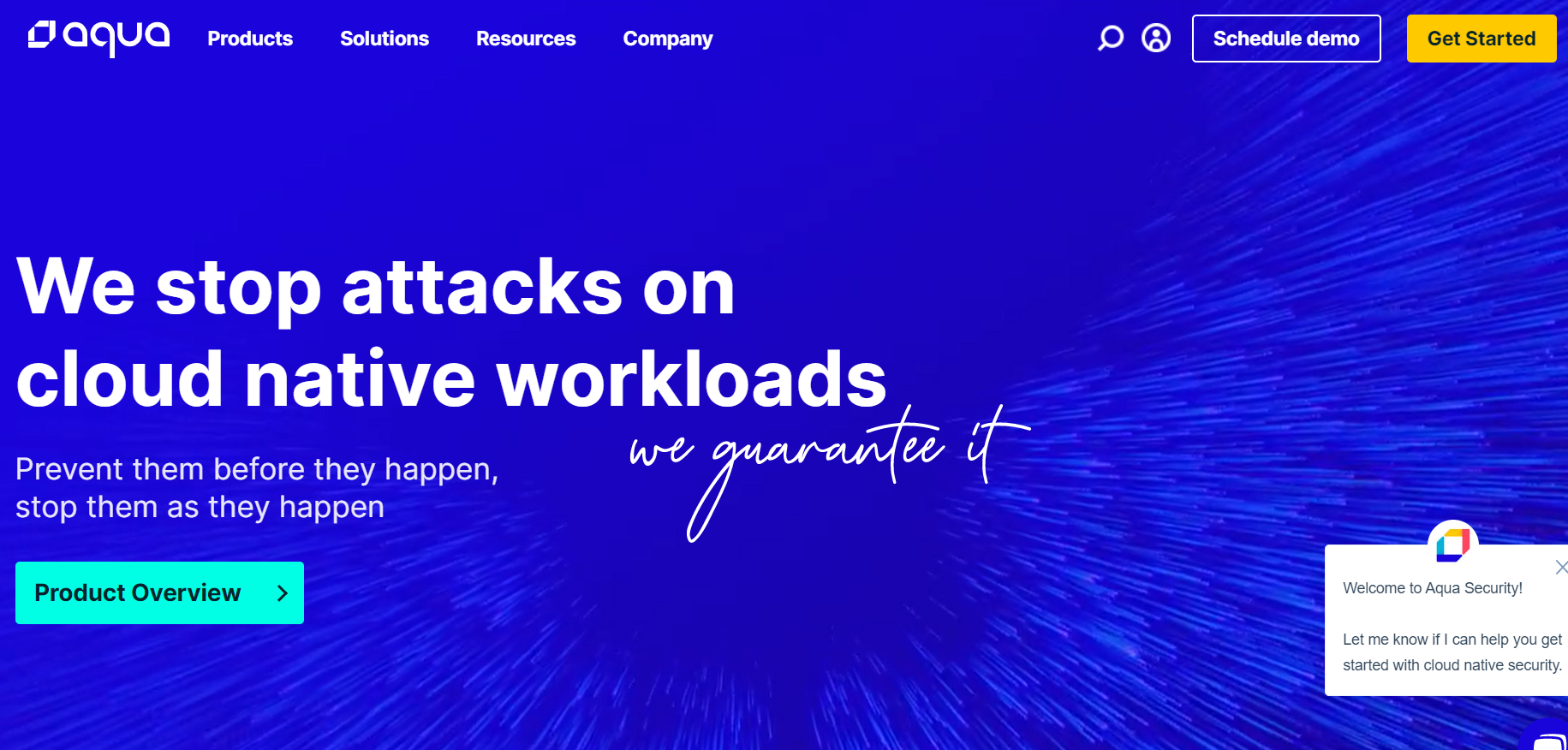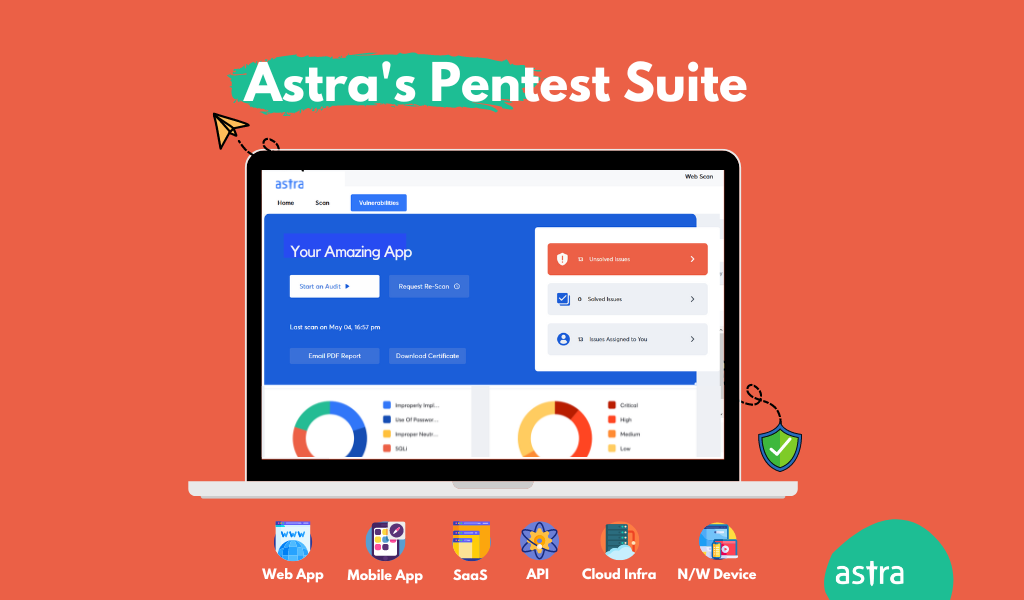Article Summary
This article details the risks of DevOps, the best DevSecOps tools for you to help make the switch, and finally, the best practices in DevSecOps for the optimal security of your project.
Gartner estimated that by 2022, 90% of software development projects will deploy DevSecOp practices. This shift is because the integration of Security into DevOps comes with numerous benefits from cost savings to acceleration in the timeline for software deployment.
Some of the best DevSecOps tools to integrate within your project development for the easy shift are:
What Is DevSecOps?
DevSecOps is a process where security is built into the development process from an early period unlike with DevOps, where security/vulnerability testing is carried out in a mid to late phase. With DevSecOps, security is built into the foundation of a project alongside collaboration with software development.
Introduction
45% of organizations with full security integration attest they can detect vulnerabilities within a day when compared one’s with low integrations at 25%. These statistics just go on to show the value and need to shift from DevOp practices to DevSecOps, giving the required priority for security during software development.
This article will detail the top DevSecOps Tools and their features while explaining the risks associated with DevOps, the benefits of migrating to DevSecOps, and lastly the best practices under DevSecOps. So stay tuned!
Top DevSecOps Tools
1. Astra Security

Astra Pentest provides continuous scanning facilities with its comprehensive scanner that is capable of conducting more the 3000 tests to find any and every hidden vulnerability.
It offers deep scans for web applications, APIs, networks, mobile applications, and cloud infrastructure.
- CI/CD Integrations
Astra offers CI/CD integration services for organizations. This helps companies move from DevOps To DevSecOps, thus giving more priority to security within every phase of a project’s development. It offers integrations with Slack, GitHub, and GitLab to name a few.
- Compliance-specific Scans
Astra offers the option to scan for specific compliances required by your organization. It provides a compliance-specific dashboard where you can opt for the specific compliance to scan for.
Once the scan is complete the results reveal the areas of non-compliance. Compliance-specific scans provided by Astra include PCI-DSS, HIPAA, SOC 2, ISO 27001, and GDPR.
- Intuitive Dashboard (CXO friendly)
Astra’s vulnerability scanner boasts a CXO-friendly dashboard that is super easy to navigate. It displays the vulnerabilities as and when they are found.
Members of the development team can be added to the dashboard to collaborate with pentesters for quicker vulnerability resolution.
The dashboard also offers the option to comment under each vulnerability so that the development team can clear queries quickly.
- Detailed Reports
Once the vulnerability scanning is completed a report is generated which includes the scope of testing, a list of vulnerabilities found, their details, and possible remediation measures.
It also mentions their CVSS score and Astra goes a step further by providing customers with an actionable vulnerability risk score based on which critical vulnerabilities can be prioritized.
- Remediation Support
Once vulnerability scanning with Astra is complete Astra also provides detailed steps for remediation based on risk prioritization. This is done with the aid of POC videos and collaboration within the vulnerability dashboard.
Pros
- Helps makes the shift from DevOps to DevSecOps.
- Can detect business logic errors and conduct scans behind logins.
- Provides rescanning upon successful remediation of vulnerabilities.
- Provides compliance-specific scans and reports.
- Ensure zero false positives through vetted scans.
Cons
- Could have more integrations.
- No free trials.
2. Acunetix

This DevSecOps tool focuses on web applications and their security by conducting continuous scans and tests for the identification of over 7000 vulnerabilities. It has a feature called Acusensor which is capable of detecting SQL injections, XSS flaws, and more.
Pros
- Fast, efficient web security checks.
- Integrates a large number of tools.
- Real-time detection and alert for misconfigurations.
Cons
- No trial version
- Does not provide a pentest certificate
3. Aqua Security

This is a cloud-native security solution that can detect vulnerabilities, malware, and exposed data. It targets application, IaaS, and container security in a three-pronged approach to security. It provides full-time CI/CD integrations with comprehensive real-time scanning.
Pros
- Impressive CI/CD integrations
- Provides compliance checks
- Vulnerability and threat detection possible
Cons
- Can be an expensive solution
- Better suited for larger companies.
Security Risks With DevOps
Here are some of the security risks with DevOp practices that are making organizations shift from this process to DevSecOps to mitigate them:
1. Security Gaps
With DevOps, since security and vulnerability testing only occur at the late stages of development, this can lead to a lot of concerning security gaps by the time the actual testing occurs.
Manual processes without fully automated CI/CD integrations can further slow down the security testing process and increase the gap between the ideal safe software and the current version of it in development.
Such large gaps in security due to errors and undetected misconfigurations can add up making the process of achieving compliance or meeting certain requirements time taking and additionally very expensive.
2. Insecure Code
Without constant security checks or vulnerability assessments, certain flaws or problematic areas of security are bound to go undetected during the coding phase of software development.
This results in issues like SQL injections and or Cross-Site-Scripting (XSS) errors to be in the code that is written and deployed. This in turn makes them susceptible to breaches through malware, ransomware, and more.
3. Malicious Content
Public container registries like Docker Hub or Arch User Repository contain a vast array of useful container images and packages. However, this also makes them a security risk.
Some of the public container images or packages maybe contain vulnerabilities or even be malicious.
Benefits Of Using DevSecOps Tools
1. Compliance Reporting
Employing DevSecOp tools can make compliance reporting for PCI-DSS, HIPAA, GDPR, and other compliances more efficient and streamlined. Using DevSecOp tools, compliance auditing and reporting can be automated thus making the tedious process easier and quicker through automated data collection and compliance testing.
Automated intelligent scans are scheduled for applications to find areas of non-compliance with unprecedented ease and reliable results.
2. Cost Saving
Another benefit of employing DevSecOp tools for automated and CI/CD integrations is the costs it inherently saves. This can be through the speedy delivery and deployment of applications, the low chances of a cybersecurity issue due to continuous monitoring and testing, or through the reduced number of staff required for the efficient execution of a software development life cycle.
3. Scalability
With DevSecOps scaling different applications upwards or downwards is made super easy through automation where most of the manual steps required to do this can be skipped entirely.
4. Uniform Security
Since security is integrated into every step of the application development process, there is uniform security across all stages of the development of a software application. This structured approach ensures that no vulnerability escapes detection towards the end thus enabling the deployment of a truly secure application.
5. Timeline Acceleration
Using DevSecOps tools helps organization shift left and fully integrate CI/CD into their deployment cycle. This leads to accelerated development, deployment, and recovery as it speeds the entire process up through monitoring and continuous code integrations.
If a bug is detected by DevSecOps tools, then a rollback to the previous bug-free version can be initiated by it automatically so that appropriate fixes and testing can be done.
Best DevSecOps Practices
1. Data Encryption
Preventing a data breach has to be a major area of focus for in DevSecOps. This can be done by employing data encryption during transits and even at rest. TLS or transport layer security is employed to protect data that is being passed along various applications.
Another practice that is made use of is to offer control over encryption keys so that others cannot decrypt customer data. Ways to ensure the security of data at rest include ensuring a hierarchy of security levels with encryption on both ends and conducting audits regularly.

2. Regular VAPTs
Conducting vulnerability assessments and penetration testing regularly can help in the timely identification of vulnerabilities and their remediation during each phase of application development.
Penetration tests are an in-depth analysis that not only identifies vulnerabilities and risks but also provides a view of the impact of these vulnerabilities if they are exploited.
Vulnerability assessments allow the identification of vulnerabilities however they aren’t as in-depth when compared to penetration tests as they only provide a view of vulnerabilities and their measures for remediation.
3. Role-Based Access
Role-based access control is an access control used to restrict access to resources based on the roles of users. By deploying role-based access, you can help limit the damage that can be caused by an insider threat.
4. Multi-Factor Authentication
Multi-factor authentication or two-factor authentication (2FA) adds an additional layer of security that can be used to protect access. With it, a user has to provide two pieces of evidence for the verification of their identity.
Implementing multifactor authentication can help to prevent unauthorized access even if a user’s password is compromised.
5. Disaster Recovery Plans
Disaster recovery plans are documents that outline the steps to be taken in the event of a disaster, a breach, or other security incidents. It generally contains information such as procedures for restoring systems and can help minimize the impact to ensure that your organization is able to recover in a timely manner.
Shift Left Approach and CI/CD Integrations- How Does It Help DevSecOps?
A term coined by Larry Smith in 2001, the Shift left approach or testing refers to a practice of making testing one of the initial and continuous requirements in software development.
With the traditional approach to software development, vulnerability and security testing come towards the end of the development process. This results in a lot of compounded vulnerabilities and some may even escape detection entirely.
CI/CD integrations refer to the automation of the software development lifecycle. It refers to continuous integration, continuous development, and deployment.
It can help avoid the problems caused by the integration of new code during app development through continuous monitoring and testing of codes before they are merged into a common repository.
Both shift left approach and CI/CD integration help make the move from DevOps to DevSecOps by giving thorough importance to automated security and vulnerability testing at each phase to ensure a complete lack of vulnerabilities. This is made possible by making use of DevSecOp tools that can be fully integrated into the development life cycle.
Conclusion
This article has detailed the top 3 DevSecOp tools like Astra Pentest and more. Along with this the top risks for DevOps have been mentioned to make you understand the relevance of shifting left to DevSecOps. Lastly, the best practices in DevSecOps and how shift left and CI/CD integrations help with the implementation of the DevSecOps approach.
FAQs
What are DevSecOps tools?
DevSecOps tools are those services that allow the automation and integration of continuous security testing into every phase of software or application development. Some great DevSecOps tools include Astra Security, Acunetix, and Aqua Security.
What is the difference between DevSecOps and DevOps?
The main difference between DevSecOps and DevOps is that security is more prioritized and integrated into every step of a project’s development whereas with DevOps security and vulnerability testing happen towards the end of development.
What DevOps problem do DevSecOps solve?
DevSecOps solves the following problems seen with DevOps:
1. Security gaps that rise with DevOps approach.
2. Insecure code that is left undetected until later.
3. Malicious containers.
![DevSecOps Tools [Top 3]: Benefits And Best Practices](https://cdn-blog.getastra.com/2022/09/Featured-Images-13-1.png)















